For many of us, ancient literature is something that we only read in school – if even there. Yet, the literature of the ancient world has seeped into virtually every aspect of our culture, in ways that we may not expect.
In fact, sometimes the only way to see things in a new light is to go back to the very earliest pieces of extant writing that we still have, which are often surprisingly vibrant and dynamic, even to modern readers. These 10 books from the ancient world helped to shape our culture and remain surprisingly relevant, even today.
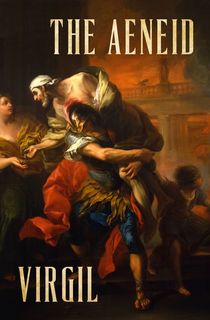
The Aeneid
An epic poem that has survived for more than two thousand years, The Aeneid was originally written by the Roman poet Virgil between 29 and 19 BCE. It tells the story of Aeneas, a character from the Iliad who was the offspring of a goddess and a mortal man.
Aeneas flees the fall of Troy, visits the underworld, encounters gods and historical figures, and eventually becomes an ancestor of modern Rome in this epic national myth originally written by one of Rome’s most legendary poets and preserved through various translations into the modern day, where it remains a fundamental classic of Western literature.
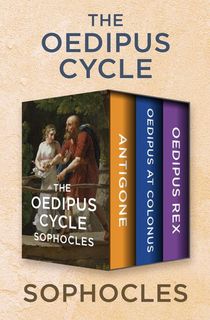
The Oedipus Cycle
One of the fascinating things about books, poems, and plays from ancient times is how much they have influenced aspects of our modern world. We are all familiar with at least some aspect of the myth of Oedipus, whether it is the riddle of the Sphinx or through Sigmund Freud’s coining of the term “Oedipus complex.”
However, many of us have not read the original three plays by Sophocles which make up his legendary “Oedipus Cycle,” beginning with Oedipus Rex and continuing the story of the king doomed to slay his own father and marry his own mother beyond his death and into the stories of his children in Oedipus at Colonus and Antigone.
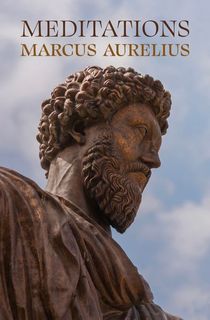
Meditations
Marcus Aurelius was many things. The emperor of Rome from 161 to 180 CE, he was the last emperor of the so-called “Pax Romana,” an age of relative peace and prosperity throughout the empire.
He was also an important Stoic philosopher and one of his most enduring philosophical works is still available – and still relevant – today. Divided into twelve books, Marcus Aurelius’ Meditations chronicle not only the emperor’s own attempts at self-improvement but detail an overview of Stoic philosophy while setting out a blueprint for Aurelius’ views of how to live a just and meaningful life.
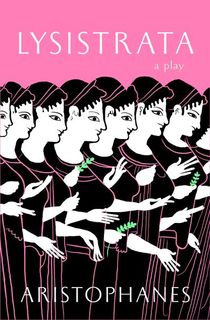
Lysistrata
Originally performed in 411 BCE, this “bawdy antiwar comedy” (Classical Literature) is widely considered the greatest work by one of the great Greek playwrights, Aristophanes. It tells the story of the eponymous character’s attempt to put an end to the Peloponnesian War, an internecine struggle between Greek city states, by staging a sex strike in which the women of both cities deny men any sexual favors until peace is declared.
Of course, peace requires more than just that, and the women also take more direct action, including occupying the Acropolis in this early example of a comic play about the battle between the sexes that “has a serious story to tell” (The Guardian).
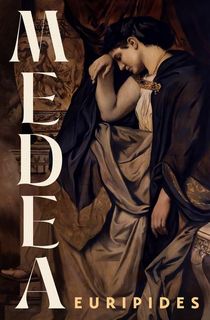
Medea
One of the most frequently performed Greek tragedies in the modern world, Medea has been hailed as an early feminist play, featuring a nuanced and sympathetic portrayal of the tragic figure of Medea, cast aside by her husband Jason, who takes her vengeance and her life into her own hands as she slays her husband’s new wife as well as her own children.
Originally staged in 431 BCE as part of the City Dionysia festival, where Greek tragedians competed against one another, Medea was originally part of a three-play cycle and, while its companion pieces no longer survive, it remains one of the most celebrated tragedies of the Western canon.
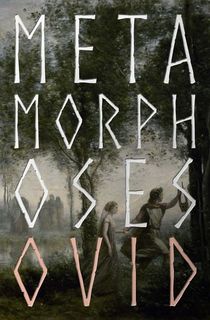
Metamorphoses
Weaving together over 250 different myths to tell nothing less ambitious than the story of the world, from the moment of its creation to the rise of Julius Caeser, Ovid’s magnum opus has been hailed as “a self-conscious tour de force of poetic ingenuity” (Apollo) whose “teeming chaos evokes the uncertain, shape-shifting mood of a country – a world – that is reimagining its sexual mores” (The New Yorker).
Influential to many of the greatest writers of history, including Dante Alighieri, Geoffrey Chaucer, and William Shakespeare, Ovid’s Metamorphoses remains a dynamic and fascinating read.
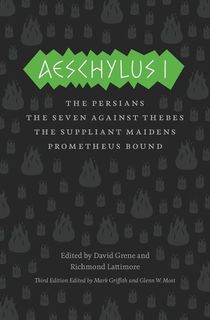
Aeschylus I
Only seven complete plays survive from the ancient Greek playwright who was often hailed as the “father of tragedy.” The significance of the plays of Aeschylus on the form of Greek drama is enormous, with Aristotle suggesting that it was Aeschylus who first introduced the idea of characters actually interacting with one another, rather than the chorus.
Of those surviving plays, four are included here, among them the only extant Greek tragedy which dealt with contemporary events, The Persians, which chronicles aspects of the second Persian invasion of Greece, which took place in 480 BCE and in which Aeschylus himself participated.
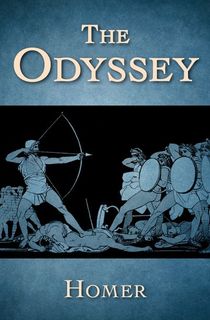
The Odyssey
One of the oldest surviving works of Western literature is also one of the best known and most beloved. Homer’s epic poem chronicling the perilous journeys of Odysseus as he sails the seas for ten years after the end of the Trojan War, cursed by the gods and trying to make his way home in the face of monsters, giants, witches, cannibals, and more is one of the most influential works of literature and has been adapted into countless other forms across the centuries.
Its influence can be felt in literature, art, opera, and in films as unlikely as Cold Mountain and O Brother, Where Art Thou?
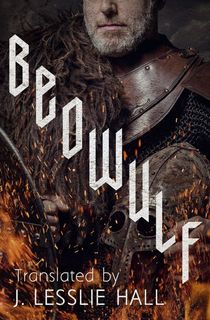
Beowulf
The unknown author of one of the most legendary works in Old English literature is often simply called the “Beowulf poet.” While we may not know the name of its originator, all of us know at least some variation on the story of Beowulf, a hero who comes to the aid of Hrothgar, king of the Danes, in a struggle against the monster Grendel.
No sooner is he victorious, however, than he must face another foe, and yet another in this dynamic translation by J. Leslie Hall of one of the most important works of Old English writing – and one of the most stirring myths of the ancient world.
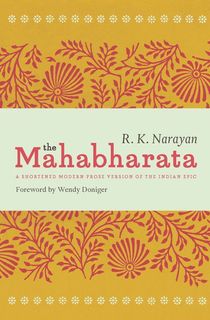
The Mahabharata
Tracing its origins to oral traditions, the sprawling, epic poem known as the Mahabharata is one of the foundational works of literature in Hinduism, containing such important texts as the Bhagavad Gita. The longest epic poem known, it consists of nearly 2 million words and, as such, is often a little imposing in its full form.
Fortunately, R. K. Narayan has made this centuries-old poem new again while also making it “readily accessible to the general reader.” In this abridged and condensed version of this epic of folklore, history, and mythology, Narayan “captures the spirit of the narrative” while producing a readable and approachable work that will resonate with modern audiences (Library Journal).
